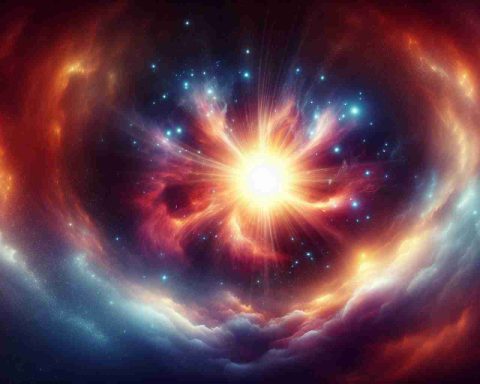Astrobiology - Page 14
Astrobiology is the scientific study of the origin, evolution, distribution, and future of life in the universe. It combines elements from various disciplines such as biology, astronomy, and planetary science to explore the possibility of life beyond Earth. Astrobiologists investigate extreme environments on Earth, like deep-sea vents and acidic lakes, to understand how life can potentially exist in similar conditions on other planets or moons. The field also encompasses the study of habitable zones around stars, the potential for microbial life on celestial bodies like Mars or Europa, and the search for extraterrestrial intelligence (SETI). Overall, astrobiology seeks to answer fundamental questions about the existence of life elsewhere and the biological implications of such discoveries.

















